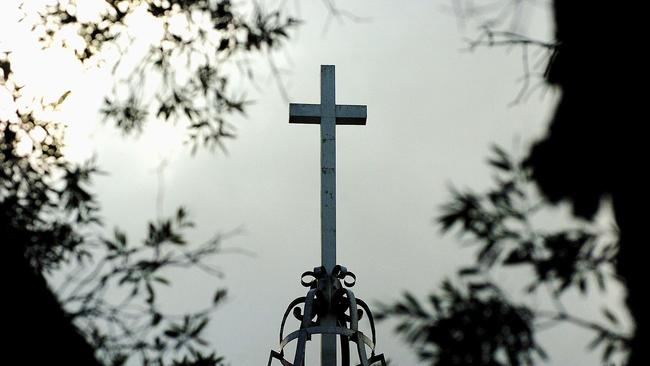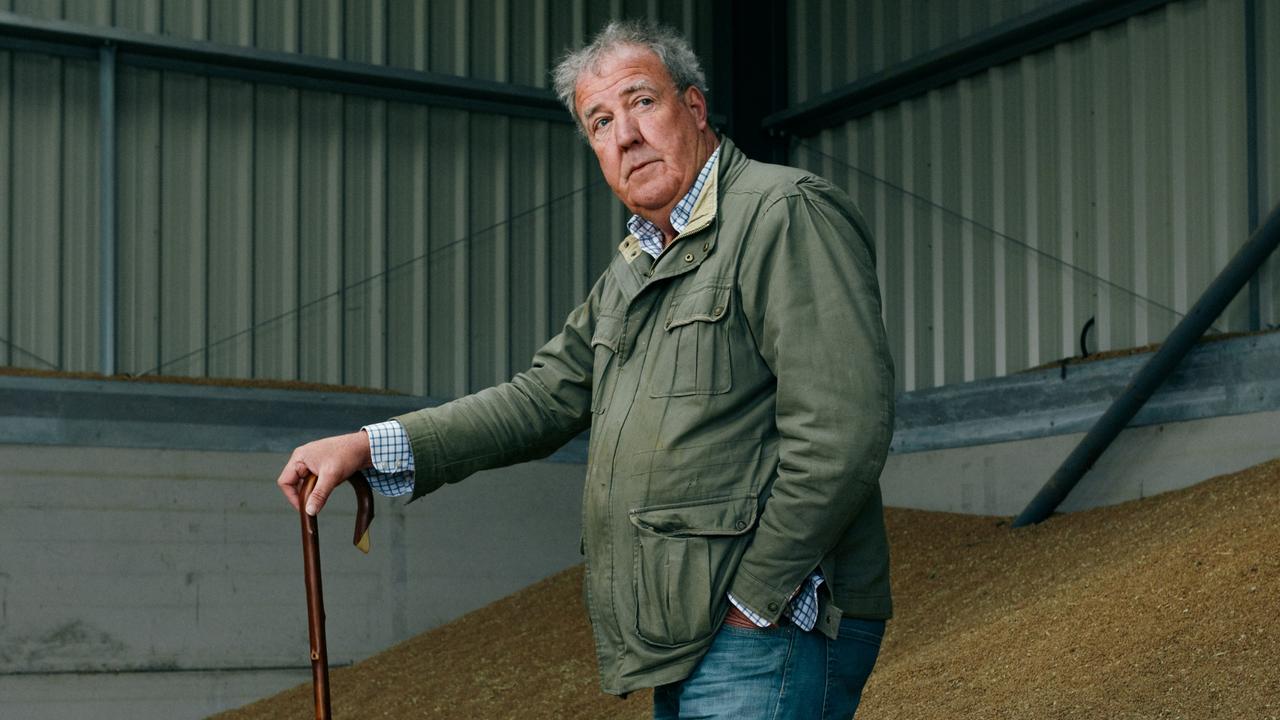
We are in the process of completing the national census. A brouhaha has erupted in the past few days over the question about religion. The Rationalist Society of Australia has been charged, in the pages of this newspaper and elsewhere, with being a “militant atheist” organisation that is characterised by “an irrational hatred of religion” because it urges nonbelievers to tick “no religion” in the census.
I am a fellow of the Rationalist Society. Let’s get a little perspective here. Australia is one of the most multicultural and diverse societies in the world. There is a wide range of religions, chiefly Christian denominations and other monotheistic religions.
There also is a growing number of people who profess no religious belief. Let’s set aside for a moment whether this is a good or a bad thing and simply ask a couple of more general questions: why are there religions at all and what role have they traditionally played in human society?
Until the last half of the last millennium before the birth of Jesus of Nazareth, or what is widely called the Common Era, human beings everywhere held to variations on polytheistic or animist religion – belief in multiple spirits or deities. These, like languages, varied in content but had certain features in common.
Then, about 2500 years ago, in what Karl Jaspers (in the mid-20th century) called the Axial Age, monotheistic religion and the critical philosophy of the Greeks appeared in societies across Eurasia, from Greece and Israel to Iran and China. Both rejected polytheism and animism as superstitious or idolatrous. This is where first Judaism and then Christianity (a mixture of Judaism, mystery cults and Greek philosophy) arose.
Like Christianity, critical philosophy (Greek natural philosophy, rationalism, stoicism and epicureanism) has played a profound role in the evolution of Western civilisation. But it rejects dogmatic monotheism and emphasises the importance of ethics, science and tolerance.
The Hebrew prophets, such as Isaiah and Micah, also argued that ethics or moral conduct, not dogmas or temple sacrifices, were the key to authentic religion. Likewise, Confucius.
When Christianity became the state religion of the late Roman Empire, in the fourth century, other religions and philosophies were suppressed. Yet Catholic (and Eastern Orthodox) theology depended to a great extent on Greek philosophy to make its case more or less rationally. But it did so dogmatically.
First the Reformation, from 1517, then the Enlightenment challenged Catholic dogma and reanimated, then greatly enlarged upon, the critical philosophy of the Greeks, so generating the modern world view that most of us now take for granted.
I don’t believe in the existence of the God of the Bible. In that respect, I am a son of the Enlightenment. I rejected the Catholicism of my parents. But monotheists generally reject the existence of all other deities – “Thou shalt have no other gods before me”.
A modern rationalist agrees with them but goes one god further, that’s all. One doesn’t have to prove a negative in this matter. The burden of proof is on the believer in any occult entity – god, angel, demon, spirit or ghost.
But how should we regard the role of religion in 21st-century (Australian) society? Surely we can agree that we wish that role to be subject to general principles of rational governance, sound debate on public policy, tolerance of intractable diversity and consistent with natural justice. And surely we would want an accurate idea of the state of belief and practice in our society. The census is a means to that end.
Census data has been showing for some time now that religious belief, which means chiefly Christian belief in this country, is in secular decline, so to speak. I have opted, in my adult life, for Greek and Enlightenment philosophy in place of Catholic dogma. But I’m no one’s idea of a militant leftist.
We would all benefit from simmering down in debating the nature and role of religion in our society. History is full of destructive religious and radical secular rancour. Let’s agree that we need good data on which to base our opinions; that tolerance of diverse opinions, within the bounds of reason, is vital to social peace; and that freedom of choice to hold and change our opinions is a fundamental liberty.
In more than a thousand comments online, in response to Gerard Henderson’s column, there was, in fact, a rich diversity of opinion expressed. Only in a free and open society and in a free press would that be possible. We should not wish it otherwise. Let’s by all means have a vigorous debate, but let’s keep it rational, thoughtful and constructive.
Paul Monk is the author of The West in a Nutshell: Foundations, Fragilities, Futures (2009), Credo and Twelve Poems (2015) and The Secret Gospel According to Mark: The Extraordinary Life of a Catholic Existentialist (2017), among other books.



